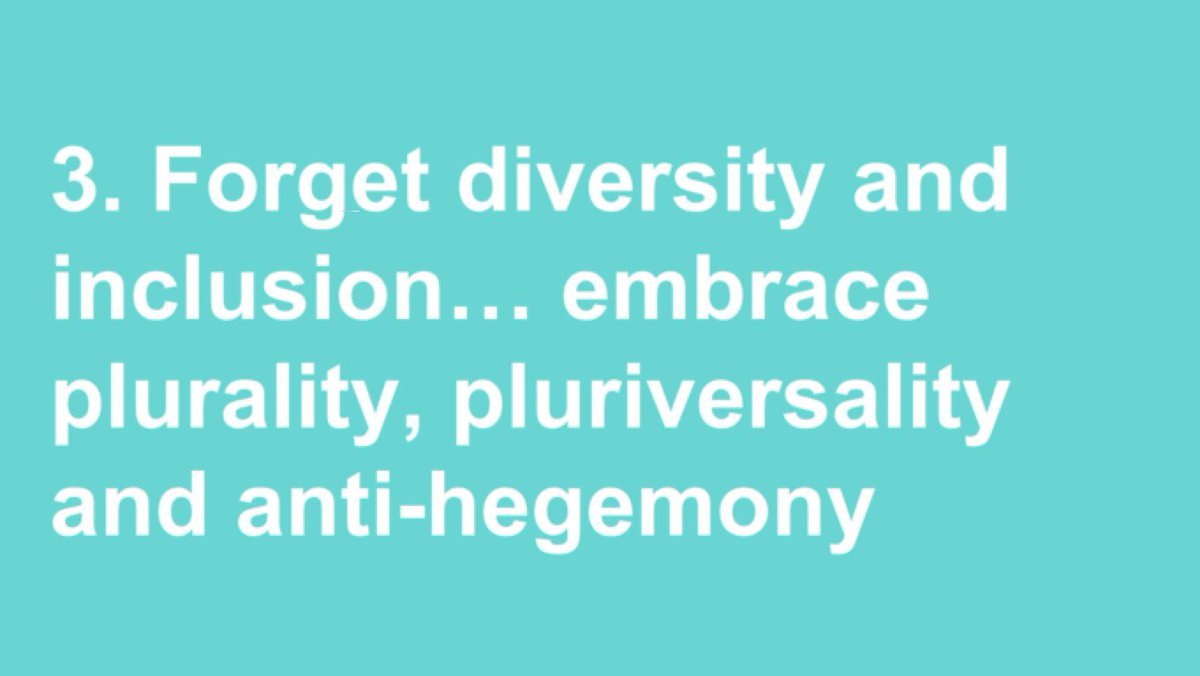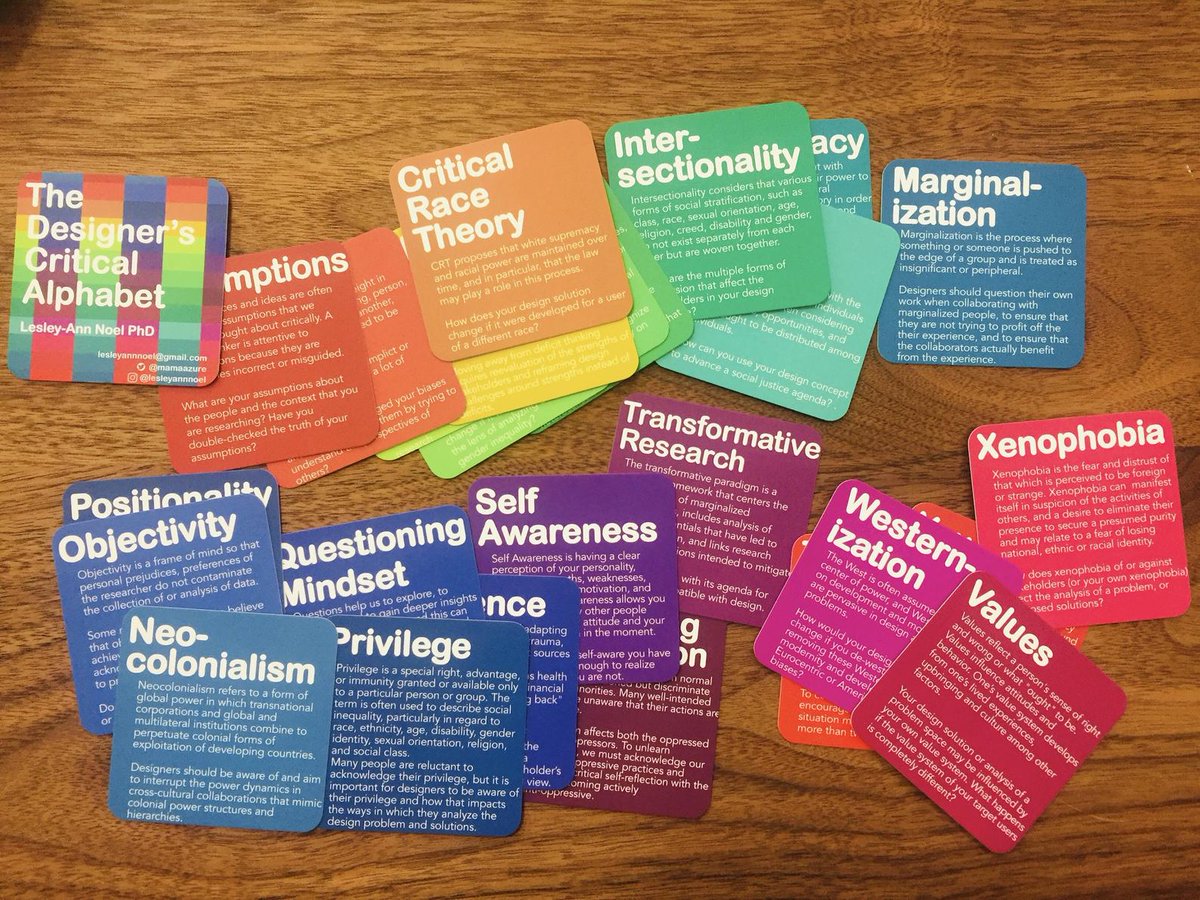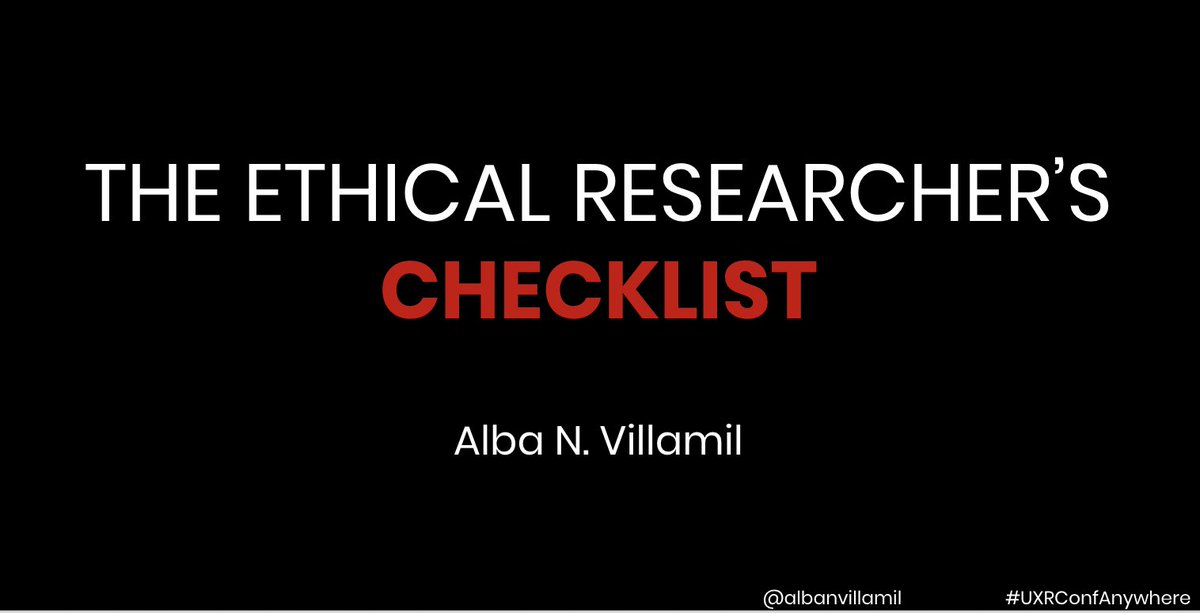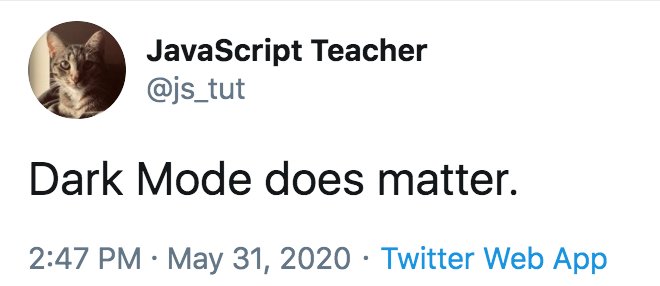
(1) This is why I always say our research tools and processes reflect social norms/culture and researchers need to be intentional about *why* they do what they do. Transcripts can be a tool of authority or power AND a tool of care and resistance depending on the research context.
https://twitter.com/dr_know/status/1456968374047674371
(2) Co-constructing a set of notes can be incredibly valuable when working with participants* who are members of communities that are overresearched and/or have had to reckon with (unanticipated) consequences of researcher interpretations
*using this loaded term for brevity
*using this loaded term for brevity
(3) However, just as co-constructing notes can be empowering, it can also be (re)traumatizing for participants depending on how they process their stories. This should never be a task that is forced upon participants to allow researchers to think of themselves as "sharing power."
(4) If shared with participants, *unedited* transcripts are one way to keep researchers accountable for what they say and what they do during a research session. Participants can also "own" their data more easily and re-use how they see fit.
https://twitter.com/albanvillamil/status/1454846649235386377?s=20
(5) Transcripts also help us “study up” by more precisely documenting participants who have more power than we do. When I’m conducting strategically antagonistic interviews with “bad actors” or powerful people, I *want* to capture terminology, inconsistencies, avoidance, etc.
https://twitter.com/albanvillamil/status/1364645638361804800
(6) And in contrast, when I'm focusing on participants who have been historically marginalized and/or are trying to dismantle current power structures, I might not want to capture *everything* in a transcript. I don't want to expose their subversive strategies and activities.
• • •
Missing some Tweet in this thread? You can try to
force a refresh















